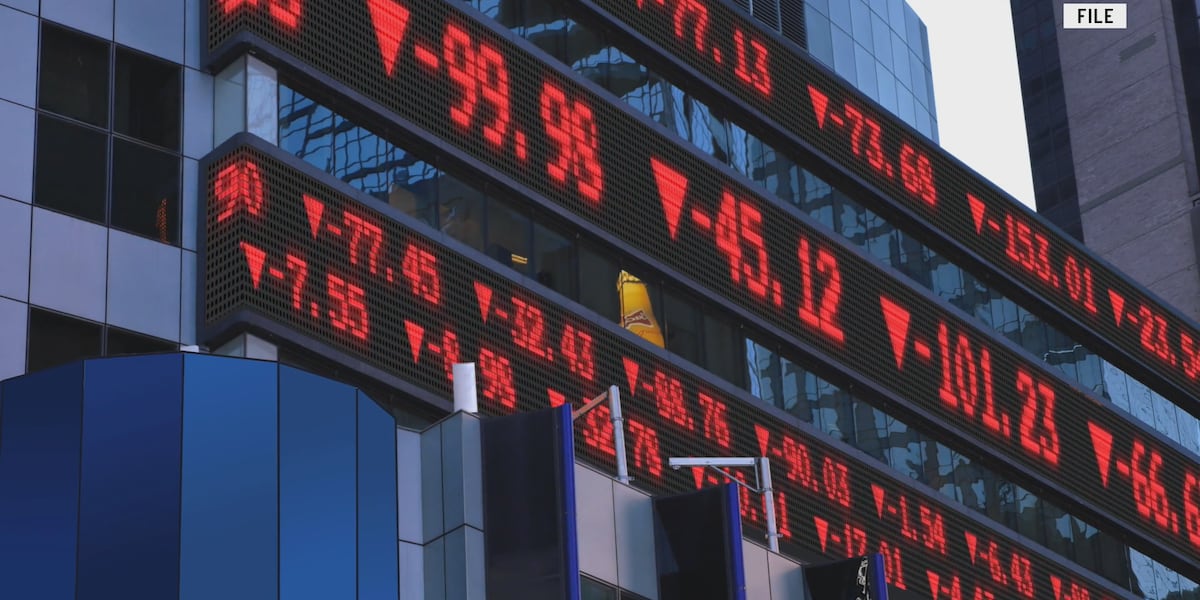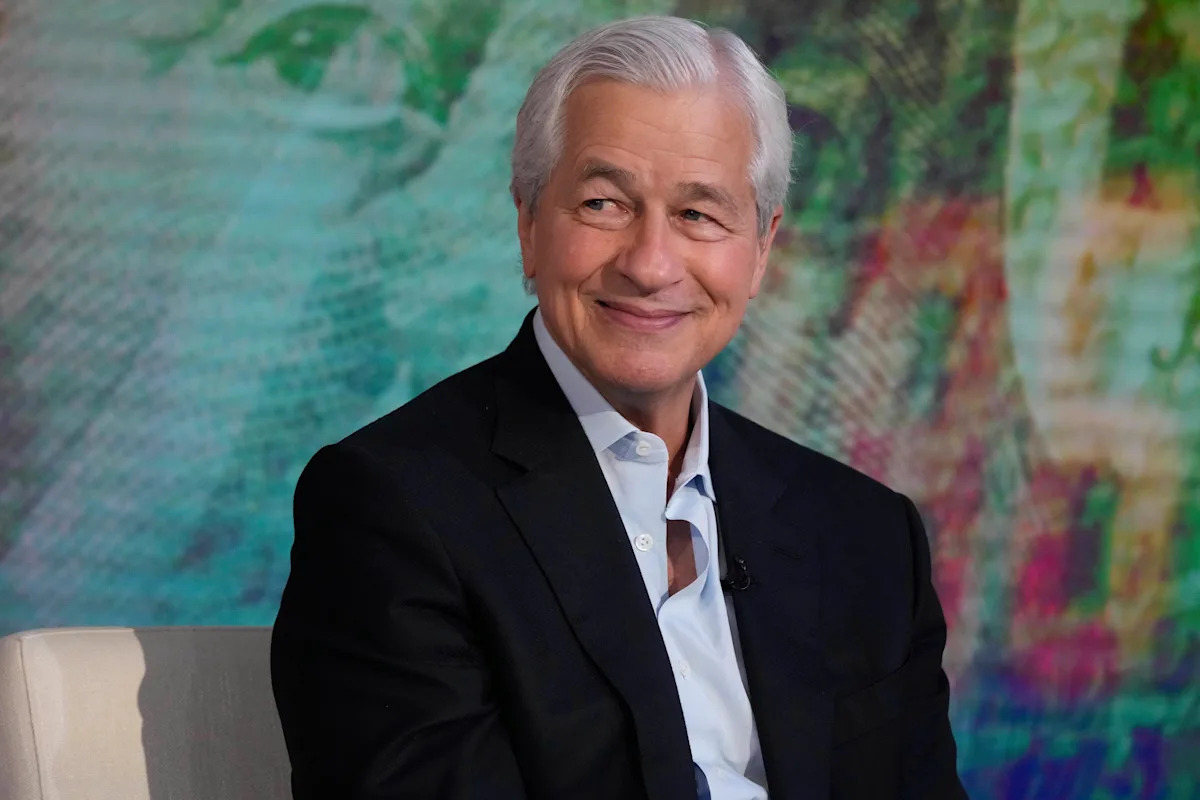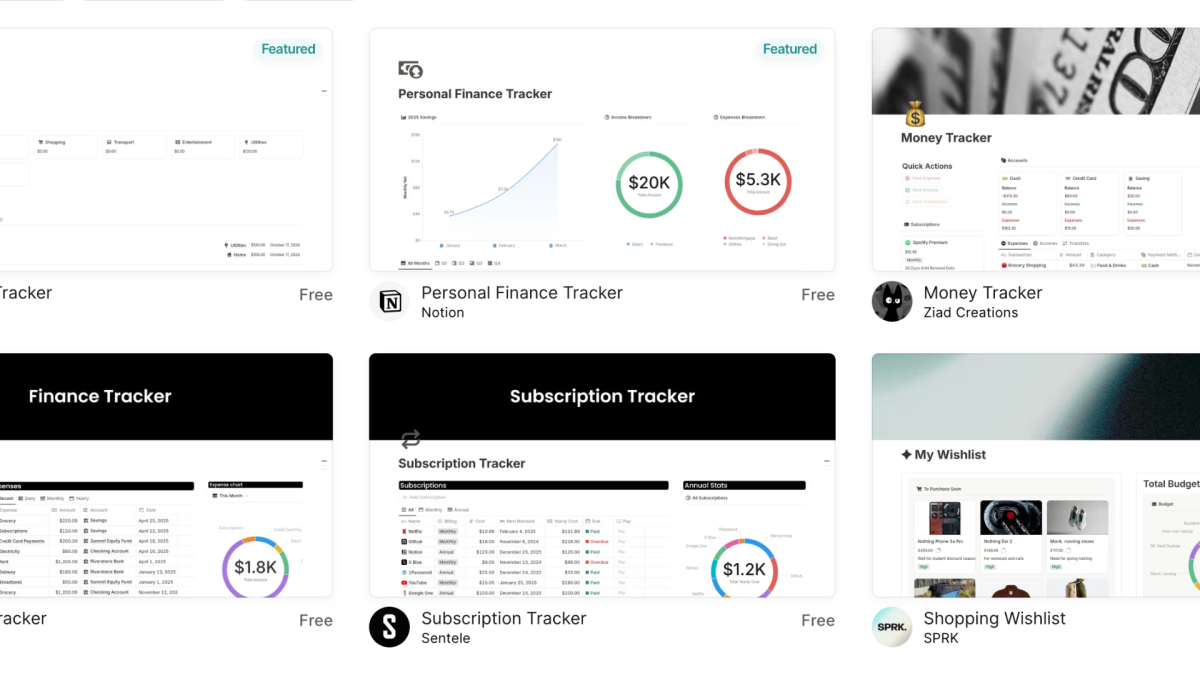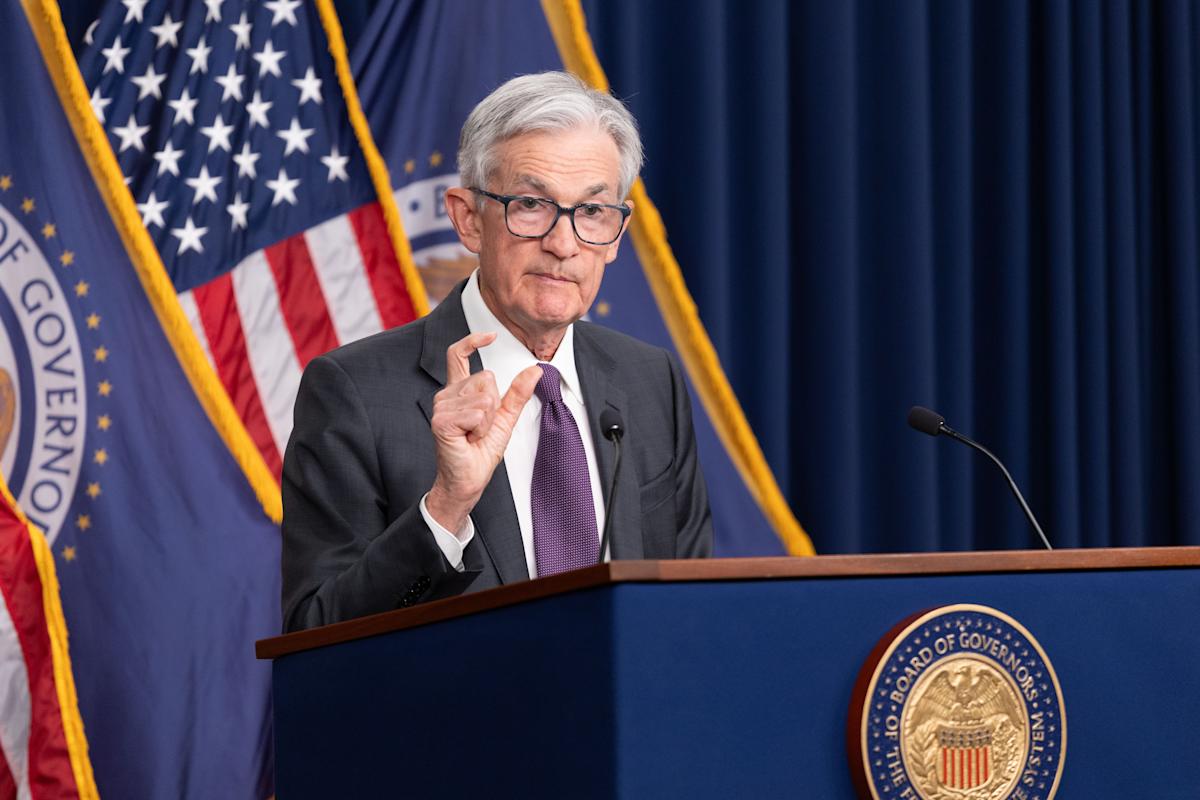Economic Calm: Why the Fed's Patience Trumps Tariff Tensions

Federal Reserve Chair Jerome Powell is navigating a complex economic landscape, carefully absorbing lessons from the pandemic era and the enigmatic "vibecession" while maintaining a cautious approach to monetary policy.
In recent remarks, Powell has signaled a strategic patience, acknowledging the unprecedented economic disruptions of recent years. The Fed's leadership recognizes that traditional economic indicators may not fully capture the nuanced economic recovery and shifting consumer sentiments.
The term "vibecession" - a blend of "vibe" and "recession" - reflects the disconnect between statistical economic data and the lived economic experiences of many Americans. Powell seems acutely aware of this phenomenon, suggesting that the central bank must look beyond mere numbers to understand the economic reality.
By waiting for clearer economic signals, Powell is demonstrating a measured approach. He understands that hasty decisions could potentially destabilize the delicate economic recovery, especially in a post-pandemic environment marked by volatility and uncertainty.
The Fed's current strategy appears to prioritize comprehensive data analysis and a holistic understanding of economic trends, rather than rushing to implement sweeping monetary policy changes. This approach reflects a sophisticated and adaptive response to the complex economic challenges of our time.








